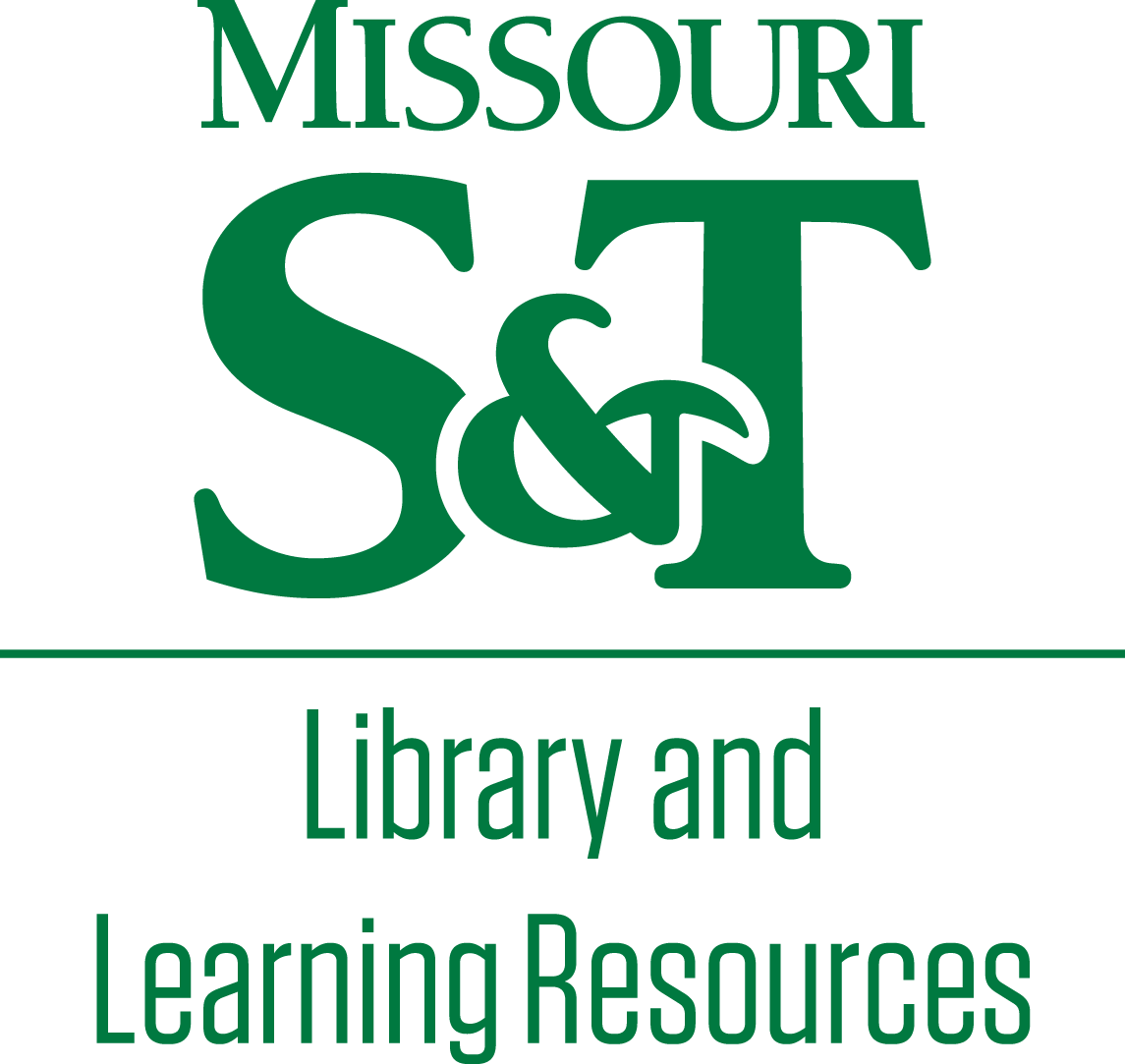Department
English and Technical Communication
Major
Psychological Sciences
Research Advisor
Larson, Jossalyn
Advisor's Department
English and Technical Communication
Funding Source
OURE Department and Outside Grant
Abstract
Neurodivergent individuals encompass a broad spectrum of cognitive profiles, including autism, ADHD, dyslexia, depression, anxiety and other neurological differences and learning disabilities. Over the past decade, artificial intelligence (Al) technologies have rapidly evolved, permeating various aspects of society, from healthcare to education and employment. Al often makes mistakes when analyzing papers written by neurodivergent students and flags them for plagiarism, when there is no plagiarism in the paper. We want to investigate why this happens and ways to work around this. We have put together a Prolific survey to get general opinions on Al, neurodiversity types and writing classes. With this, we will analyze the results of those who have been wrongly accused of cheating, and said to be using an Al, to get a better understanding of artificial intelligence use in the writing classroom. On the other hand, we highlight emerging research and innovative applications of Al that offer promising avenues for supporting neurodivergent individuals. From personalized learning platforms and assistive technologies, Al-driven solutions have the potential to enhance accessibility, facilitate neurodiversity acceptance, and foster inclusive environments. In conclusion, this analysis underscores the complex interplay between neurodiversity and Al, urging for a nuanced approach that recognizes the diverse needs and strengths of neurodivergent individuals.
Biography
Joely (Grace) Hall is a dedicated athlete and aspiring researcher with a passion for both volleyball and artificial intelligence (Al). Currently representing Missouri S& Ton the volleyball court, Grace's enthusiasm for sports drives her to be successful in the classroom and maintain a 3. 7 GPA. Currently working under esteemed professors Dr. Shank and Dr. Canfield, Grace is deeply involved in a groundbreaking research project aimed at enhancing the organ transplant system by designing an Al algorithm to optimize kidney allocation, striving to increase transplant success rates and save lives. Grace's interdisciplinary pursuits in Psychology and Biology reflect her commitment to leveraging Al for impactful solutions in healthcare and beyond.
Research Category
Arts and Humanities
Presentation Type
Poster Presentation
Document Type
Poster
Award
Arts and Humanities Poster Session - Second Place
Location
Innovation Forum - 1st Floor Innovation Lab
Presentation Date
10 April 2024, 1:00 pm - 4:00 pm
Neurodiversity and Openness in Responses to Al in Writing
Innovation Forum - 1st Floor Innovation Lab
Neurodivergent individuals encompass a broad spectrum of cognitive profiles, including autism, ADHD, dyslexia, depression, anxiety and other neurological differences and learning disabilities. Over the past decade, artificial intelligence (Al) technologies have rapidly evolved, permeating various aspects of society, from healthcare to education and employment. Al often makes mistakes when analyzing papers written by neurodivergent students and flags them for plagiarism, when there is no plagiarism in the paper. We want to investigate why this happens and ways to work around this. We have put together a Prolific survey to get general opinions on Al, neurodiversity types and writing classes. With this, we will analyze the results of those who have been wrongly accused of cheating, and said to be using an Al, to get a better understanding of artificial intelligence use in the writing classroom. On the other hand, we highlight emerging research and innovative applications of Al that offer promising avenues for supporting neurodivergent individuals. From personalized learning platforms and assistive technologies, Al-driven solutions have the potential to enhance accessibility, facilitate neurodiversity acceptance, and foster inclusive environments. In conclusion, this analysis underscores the complex interplay between neurodiversity and Al, urging for a nuanced approach that recognizes the diverse needs and strengths of neurodivergent individuals.


